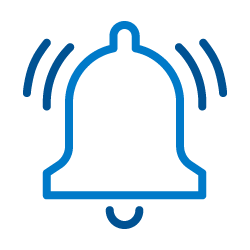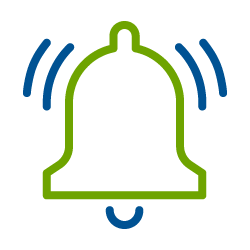Protect Yourself and Your Family

Around the holidays, fraud is always going to be more prevalent. With scammers getting desperate for spare cash and taking advantage of your giving mood, more fraudsters and more victims are always going to be around this time of the year. It’s important that you and your family are aware of this risks associated with social media, especially how important it is to be cautious with your personal information.
Your personal information can be any identifying information such as your address, social security number, account numbers, or login information (username and password) for any website including social media or online banking. These details are all supposed to be kept private, but some children and teens might not know that. It’s a good idea to educate your kids and teens on what personal information is and why you shouldn’t share it with anyone.
Some recent scams have happened on social media apps like Snapchat and Instagram. Scams on social media can start many ways often with promising instant cash, followed up with requests for personal information like account number or online banking login. The fraudster then logs into the account and changes the password. After this, they can access the account. In most cases, because the password is compromised, the account has to be closed. It is important that your child knows that anytime someone asks for your personal information, it’s a scam. Block that user. Delete that message and keep scrolling.
When talking to your teens and children about online safety, start by asking what accounts they have on social media. Each platform has some general features that you should keep in mind:
- Facebook has privacy settings that can be adjusted to only share what you are comfortable sharing with specific groups of people. There are also settings to block messages from people that aren’t your friends.
- Instagram allows a private profile where only followers that are accepted can view your photos and message you. We suggest that anyone under 18 has a private profile. However, even with a private profile, they can still receive message requests from non-followers. Make sure they know not to click on any links or accept any requests from someone they don’t know.
- Snapchat is different because you don’t necessarily have a profile but you have a friends list and can only receive messages from someone you have accepted. Messages can be sent with text or photo, but they are temporary unless you save them. There is no archive of the conversation to prove that you shared personal information.
- A Twitter profile can be completely private, so your name doesn’t show up in search. If you do this, then requests have to be sent by users to follow and view your tweets.
Privacy settings can be adjusted on many other social media channels. Take the time to sit down with your family and share your genuine concern about their privacy. If they have the accounts, they need to know how to stay safe.














